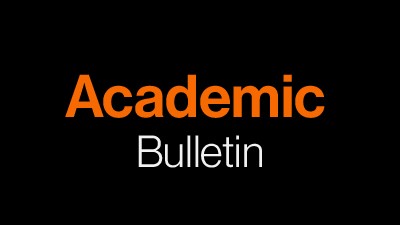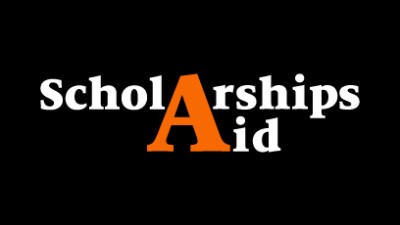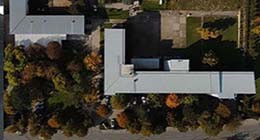Projects Implemented by FDC
Streamlining Curricular Development Processes and Establishment of the Task Force for Curricular Development, implemented during the period October 2021- October 2022.
The purpose of the project “Streamlining Curricular Development Processes and Establishment of the Task Force for Curricular Development “, was to strengthen the capacities of HEIs and all other involved actors in Kosovo for coordination, synergy and development of new and sought-after curricula in line with labor market demand and in a timely manner, especially in the ICT and Energy related markets in Kosovo.
The project activities completed, and the results achieved are, as follows:
- Kick-off virtual meeting with all project stakeholders
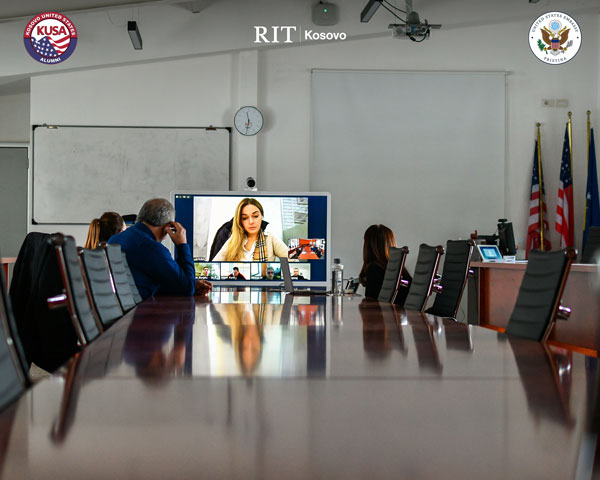
- (representatives of the Industry sector, representatives of the HEI in Kosovo, representatives of different Ministries of the Government of Kosova, project team, President of the RITK, external experts, KUSA representatives). The aim of the meeting was to inform all the relevant stakeholders to the project about the project goals, activities and the expected outcomes.
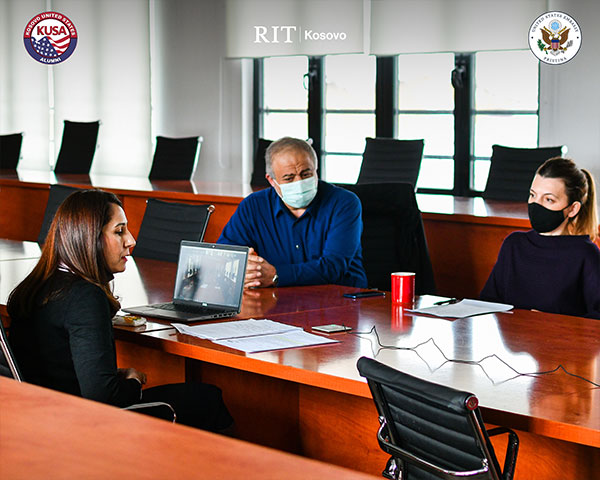
The kick-off meeting was held on December 14, 2021 via zoom platform and gathered 25 participants).
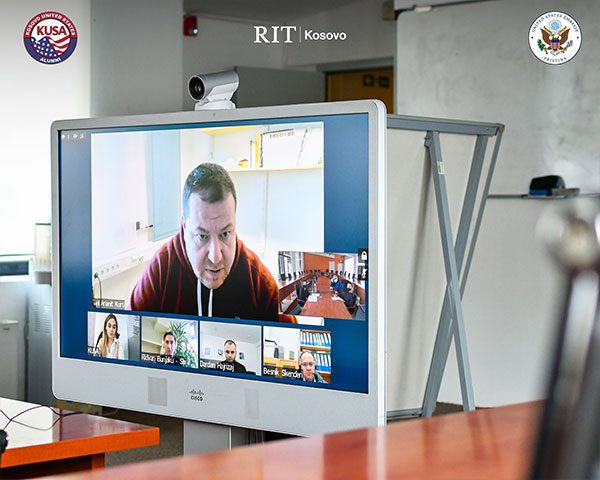
- Workshop 1- with the representatives of the Industry sector completed on January 06, 2022. The workshop gathered 10 Kosovar business representatives (7 in person and 3 joined online, via zoom).
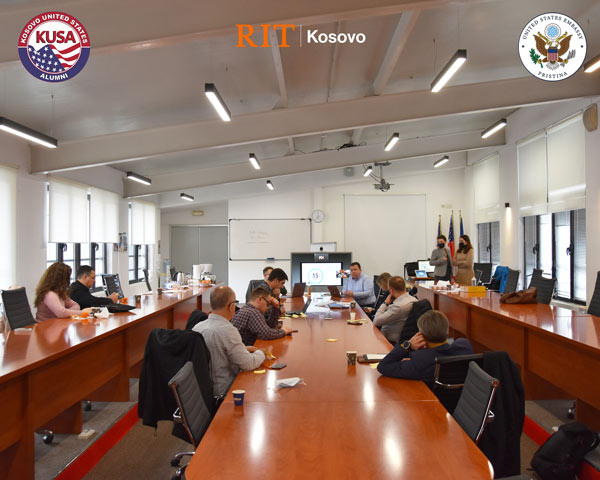
The workshop was conducted by Dr.Arianit Kurti from Linnaeus University (LNU) in Sweden, in cooperation with the project team.
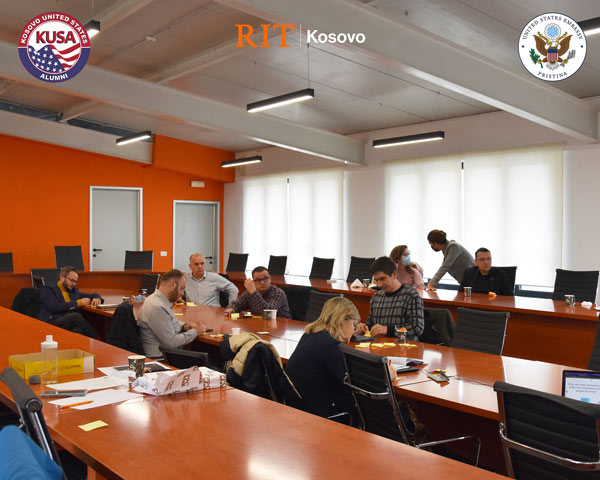
In order to have a better overview of the situation of the Industry sector and to have a well structured discussion during the workshop, a benchmark survey was organized and distributed to more than 50 companies and NGOs operating in Kosovo, in the field of the energy and ICT sector. Link of the questionnaire: https://forms.office.com/r/2iqqxMkn5E
- Workshop 2- with the representatives of the HEI in Kosovo completed on March 25, 2022, in an online format via zoom platform.
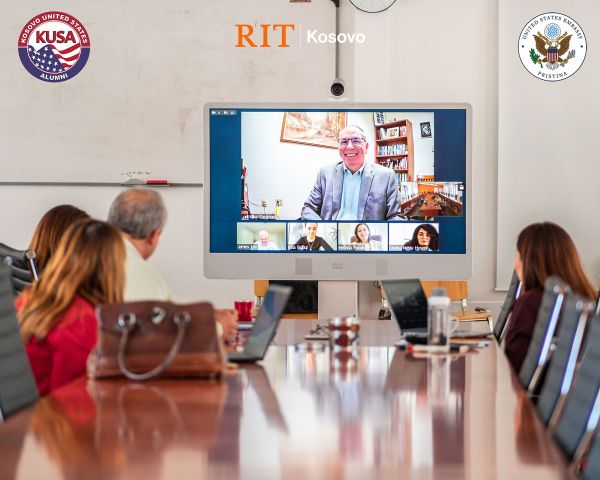
The workshop gathered 20 participants from the HEI in Kosovo (public and private universities) from the ICT and energy related sectors. The workshop was conducted by Dr. Mike Eastman and Dr. James Lee, from the RIT College of Engineering Technology, in cooperation with the project team.
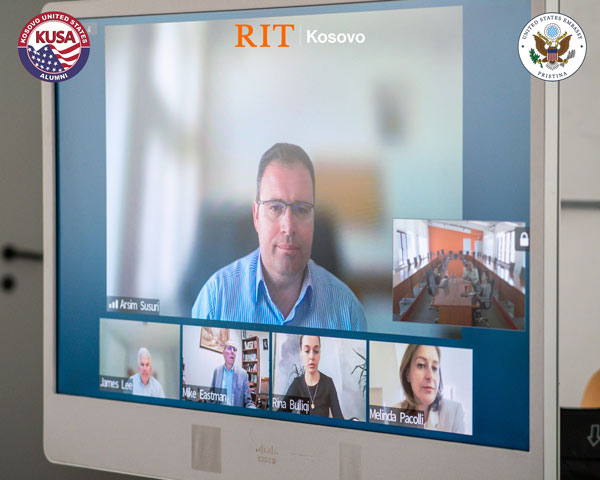
In order to have a better overview of the situation of the HEI sector and to have a well-structured discussion during the workshop, a benchmark survey was organized and distributed to the faculty and the leadership representatives of the all public and private Higher Education Institutions in Kosovo, having programs in the field of the Energy and ICT.
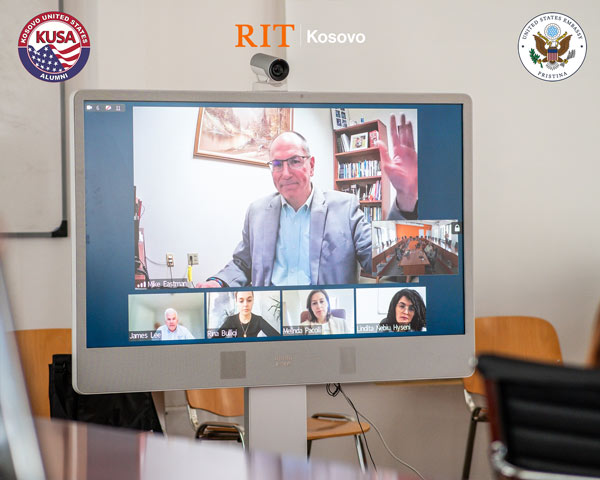
Link of the questionnaire https://forms.office.com/r/eCjenb3pH6
- Workshop 3- with all the relevant stakeholders as part of the project, completed on May 24, 2022. The workshop gathered 20 participants, representatives of the public and private Universities in Kosovo, representatives of the Industry sector and the representatives of the Ministries, representatives of NGOs, and the representatives of the donor agencies operating in Kosovo.

The workshop discussion was held in a blended format, led by Dr. Arianit Kurti from Linnaeus University (LNU) who was on site and by Dr. Mike Eastman, and Dr. James Lee from the College of Engineering Technology, Rochester Institute of Technology (RIT) who joined online, and in cooperation with the project team Dr. Venera Demukaj and Dr. Mimoza Polloshka.
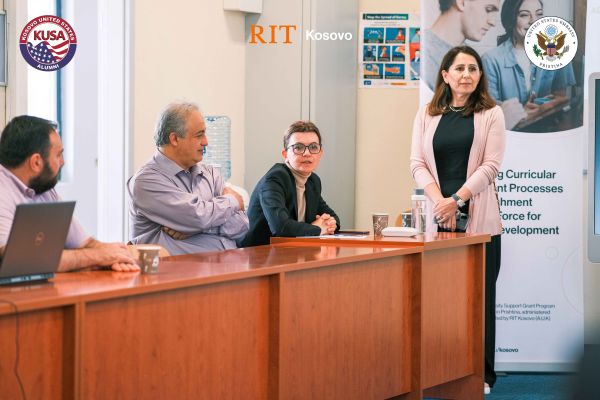
The activities of the workshop included the presentation of the findings of the first two workshops, followed by a discussion on how to improve the current situation and what are the ways ahead for aligning the curriculum development with labor market needs in Kosovo, in these two sectors.
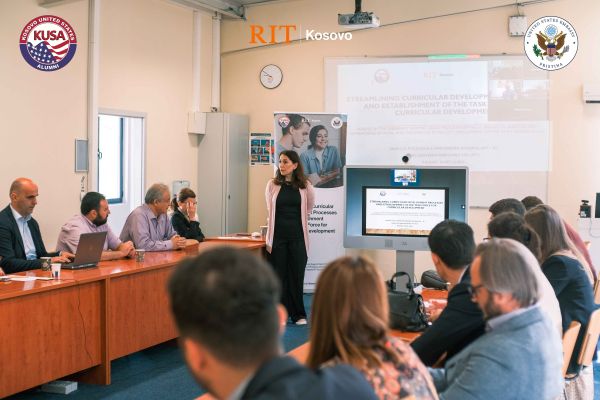
The findings and the outcomes of the third workshop served as the basis for the recommendation to establish a national advisory committee for addressing the industry skills gap and for supporting the alignment of the skills needs of the Industry with education and training.
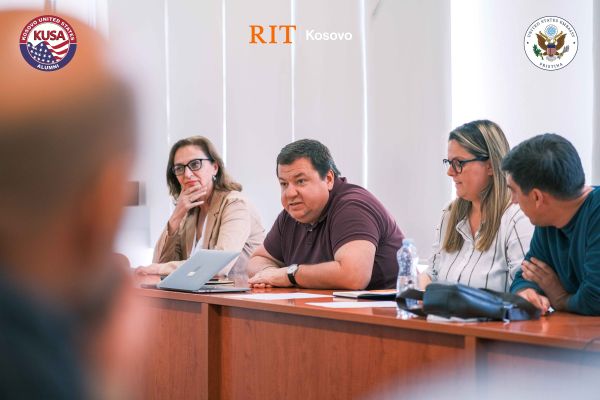
The need for such a committee was also analyzed from the data which were collected from the project stakeholders, following the Workshop 3 activities. Link of the questionnaire: https://forms.office.com/r/qH39qYjAUX.
Closing event of the project activities and establishment of the Advisory Committee for addressing the industry skills gap and for supporting the alignment of the skills needs of the industry with education and training- completed on October 28, 2022, which gathered 25 participants from all the relevant stakeholders who have been a part of this year-long project, sharing their experiences and expertise on aligning educational programs with labor market needs.
A brief overview of the project activities was presented to the participants by the project team, as well as the recommendations and main project outcomes, namely, The Guide for aligning curricular development with labor market needs, and the recommendation for establishing The Advisory Committee. The Guide addresses the industry skills gap and supports the alignment of education and training with the skills needed by industries.
The guidebook is available in three languages: English, Albanian and Serbo-Croatian.
English: https://drive.google.com/drive/folders/1boTi4QSw2GUqiSH7voFYUBLVmiBSNZqm?usp=sharing
Albanian: https://drive.google.com/drive/folders/1LNPR3jqAS0pM0Fc9rKwDd5tb5w9rp764?usp=sharing
Serbo-Croatian: https://drive.google.com/drive/folders/12m4WkIQF5VqQ1lnxy1BI_oBkMFxOxuq-?usp=sharing
The Advisory Committee will be led by the Ministry of Industry, Entrepreneurship and Trade of Kosova (MIET), whose leadership representatives, from the very first meeting, showed interest to take ownership and to lead a structured dialogue among the academia-industry-and policymaking triangle.
Photos from the project activities can be accessed here
Enhancing the role of FDC to support teaching and research excellence among RITK faculty and students, implemented during the period October 2018 - 2019
Faculty Development Center of RITK (A.U.K) won a competitive grant from US Embassy through University Support Grant Program for implementing the project - “Enhancing the role of FDC to support teaching and research excellence among RITK faculty and students."
The project was organized in three phases and the idea of the project was concluded from the analysis of the report of the faculty needs assessment survey, conducted during the spring 2018 semester.

First phase of the project
First phase of the project was implemented During November 2018 (November 13-16), and it included the training workshops in the topics:
- Building a Strong and Sustainable Teacher - Student Rapport to Assure Student Engagement
- Promoting Research - Based Classes
Prof. John Parish-Sprowl , from Indiana University, conducted the training workshops and also worked closely with our faculty during his visit, where he attended several classes in order to get a feeling of the existing teacher-student rapport among the faculty with their students and so he tailored the training in context. Faculty found the class visits and the both topics of the training workshops very helpful and applicable in their teaching.

Second phase of the project
Second phase of the project Conference on topic “Promoting research at RITK (A.U.K.)”. The conference was organized on March 1st 2019 and gathered the RITK community (Faculty and students) who are mainly involved in research; representatives from Balkan Universities as well as RITK alumni from Honors society and alumni working in research related institutions. The conference contributed to the discussion on how to promote research in academic institutions, and as well, it was a good opportunity for the RITK to reach out to its alumni and showcase their work and contribution in research.

Third phase of the project
Third phase of the project Conference “ Best practices in promoting research during undergraduate studies”, organized on May 13th 2019. Due to the importance of the topic, the FDC of RITK wanted to use the momentum that by sharing the experiences from US universities and universities in the region, to open the discussion how can the integration of research in undergraduate studies be promoted and improved. The conference served as a venue to open the discussion for this topic among faculty of different universities and our students (current and alumni).
The experiences from the US Universities shared in the first panel, with the following guest speakers:
- Mohammad Behi, Ph.D. from the , New Jersey Institute Technology (NJIT), Department of Mechanical and Industrial Engineering
- Ahmad Zargari, Ph.D., CSTM, from the College of Business and Technology, School of Engineering and Information Systems, Morehead State University
- James Hall, Ph.D., from Rochester Institute of Technology, Rochester, United States, School of Individualized Study
The experiences from the Universities in the region, shared in the second panel with the following guest/ host speakers:
- Natalija Popovska, Ph.D. - from the Institute of National History, Skopje, North Macedonia
- Mrika Kotorri., Ph.D., from the Economics Department, Faculty of Economics, University of Prishtina
- Lorraina Pinnell., Ph.D. & Julie Kolgjini., Ph.D., from RITK (A.U.K)
The diversity of the selected presentations contributed to the discussion and was of a great interest for the participants.
The conference rapporteur summary presented at the end of the conference by Prof. Linda Ziberi , PhD., and Prof. Besnik Bislimi, PhD., enabled us to draw recommendations that will help the FDC to prioritize the activity agenda for the next academic year. Another priority for the future activities of the FDC will be to find ways to develop activities that will enable faculty to include more the research component in their courses.
Support of Teaching Excellence Certification Component at RIT Kosovo (A.U.K) through collaboration of Faculty Development Centers, implemented during January 2018
On January 25th and 26th 2018, the Associate provost for Transformative Learning and Teaching, Founding Director of the Center for Learning and Teaching of the American University in Cairo, Dr.Aziza Ellozy https://www.aucegypt.edu/fac/aziza-el-lozy visited our campus and conducted training workshops for our faculty, as part of the project “Support of Teaching Excellence Certification Component at RIT Kosovo ( A.U.K) through collaboration of Faculty Development Centers”, initiated by the RIT K FDC (Faculty Development Center) Coordinator , Mimoza Polloshka , PhD. https://www.rit.edu/kosovo/directory/mxpics-mimoza-polloshka , with supporting faculty and with financial support through AMICAL Small Grants.
The purpose of this initiative is to motivate faculty to attend seminars and workshops, helping them rethink their course design, teaching methods, gain deeper understanding of how learning takes place and design course activities around higher-order learning objectives. The certification program will count as evidence for professional development when faculty applies for promotion or teaching excellence awards.
During the two intensive days, the following training workshops were conducted by Dr.Aziza Ellozy:
- Designing student-centered learning outcomes
- The art of discussion leading
- The enhanced lecture
- Concept mapping across the disciplines
- CATs to improve student learning
- Structured Academic controversy- Debating for consensus
The faculty found all the shared teaching and learning approaches very informative, helpful and extremely useful for applying them in their classes. A follow-up to these activities is planned, by organizing a survey with faculty for their needs and also organizing forums where faculty will discuss the benefits and possible constraints in applying the above teaching and learning approaches in their respective classes.
RITK (A.U.K) Faculty Development Center appreciates and is very grateful to Dr.Aziza Ellozy for her voluntarism and professionalism to help us with the program and to AMICAL for supporting our initiative. We will continually work towards finding further collaboration within Faculty Development Centers within AMICAL Institutions and abroad.
Incorporating AI in Education for Fulbright Students
RIT Kosovo (A.U.K) in partnership with American Councils Kosovo, as the administrator of the United States – Kosovo Educational Exchange Board (USKEB) hosted the training program titled "AI and Education for English Teaching Assistants (ETAs)" on December 6, 2024. This event brought together 17 Fulbright English Teaching Assistants (ETAs) from Kosovo and the Western Balkans region, providing them with tools and insights to integrate AI into their teaching practices.
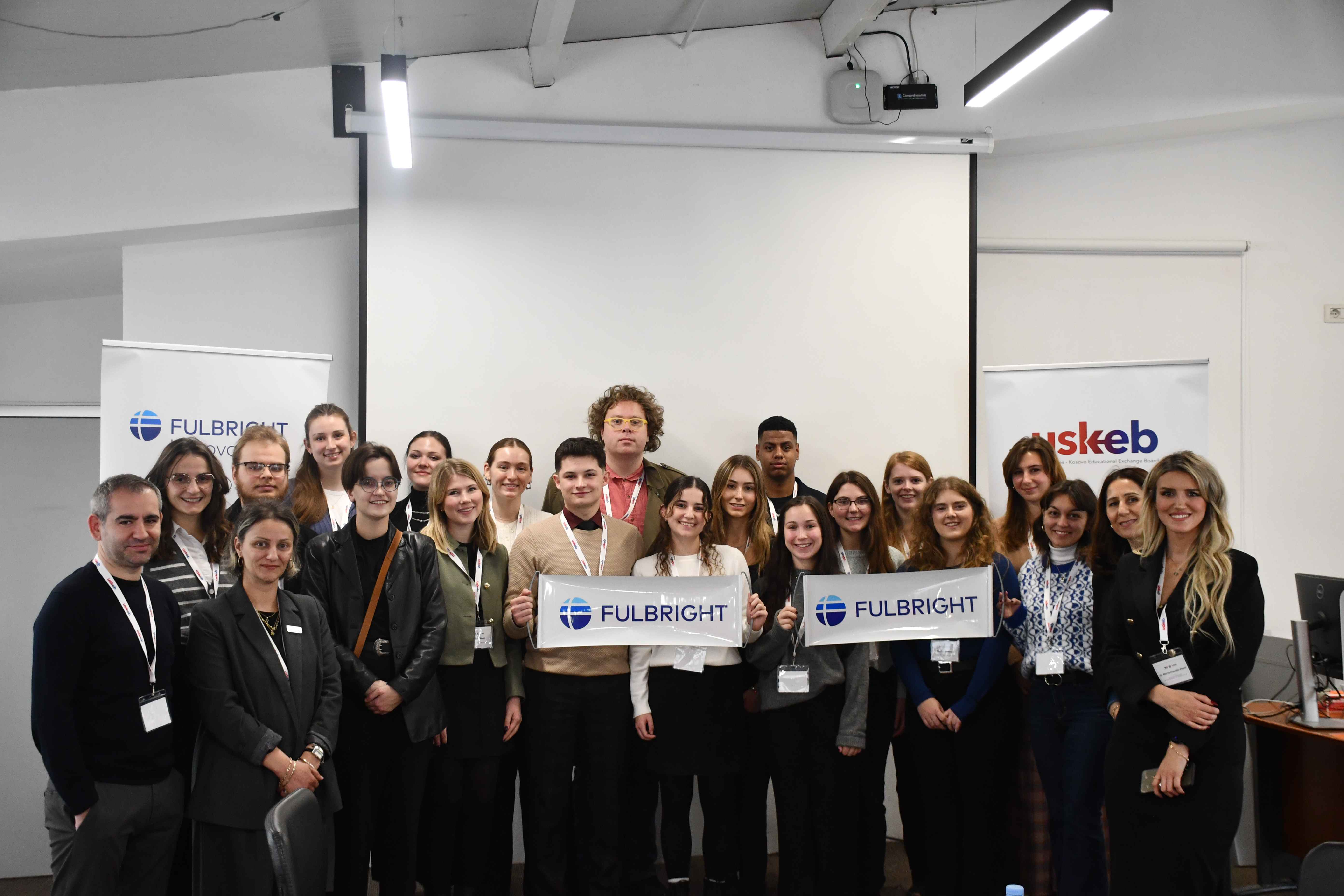
The dynamic one-day training program aimed to empower educators with AI-driven strategies to enhance student engagement, foster critical thinking, and personalize learning experiences.
The training began with welcome remarks from Dr. Kamal Shahrabi, President of RIT Kosovo (A.U.K), who emphasized the institution’s commitment to innovation and its role in preparing educators to meet future educational challenges.
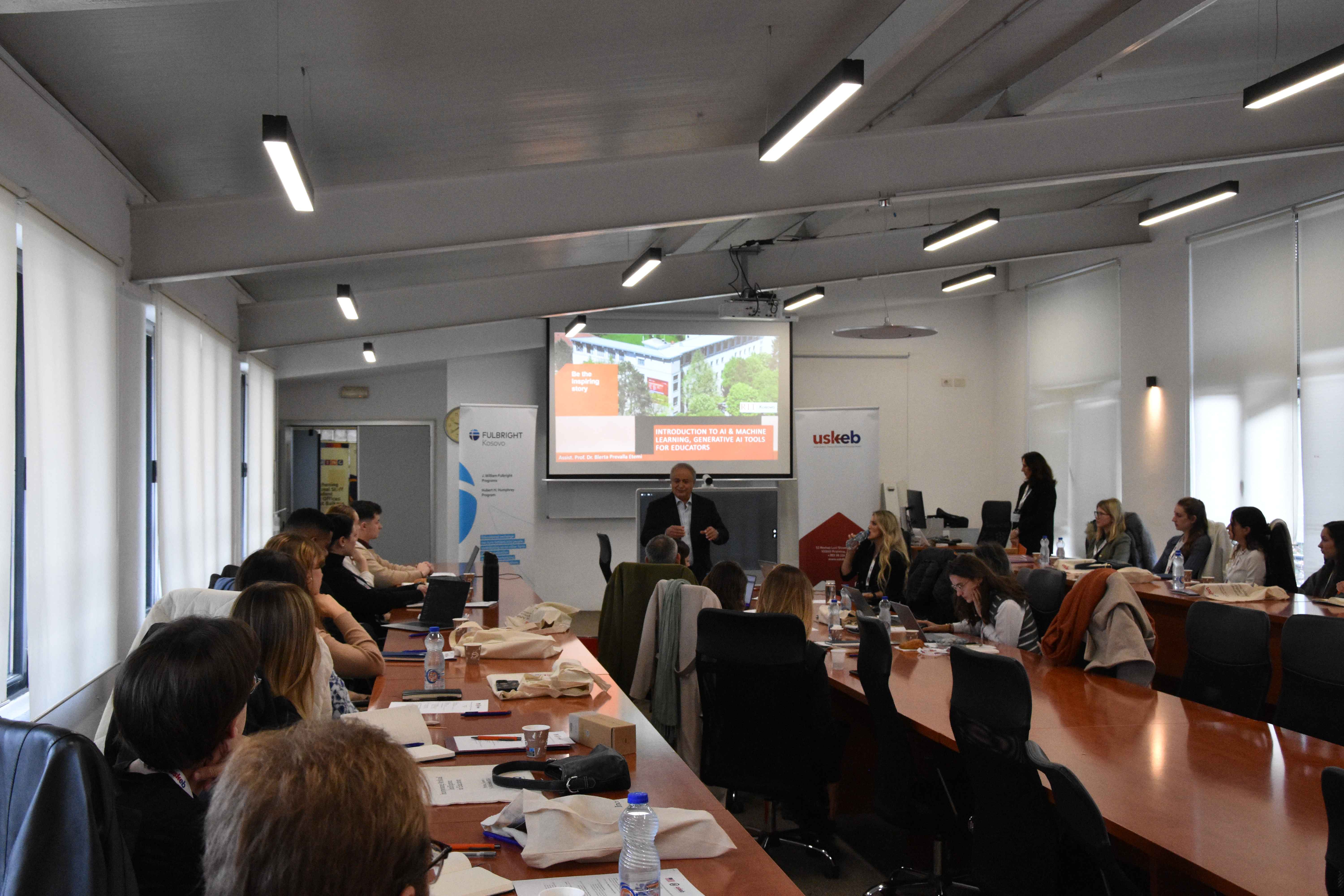
Kelsey DeRinaldis, Deputy Public Affairs Officer, Public Diplomacy Section, U.S. Embassy Pristina, followed by underscoring the importance of integrating technology into education to align with global standards.
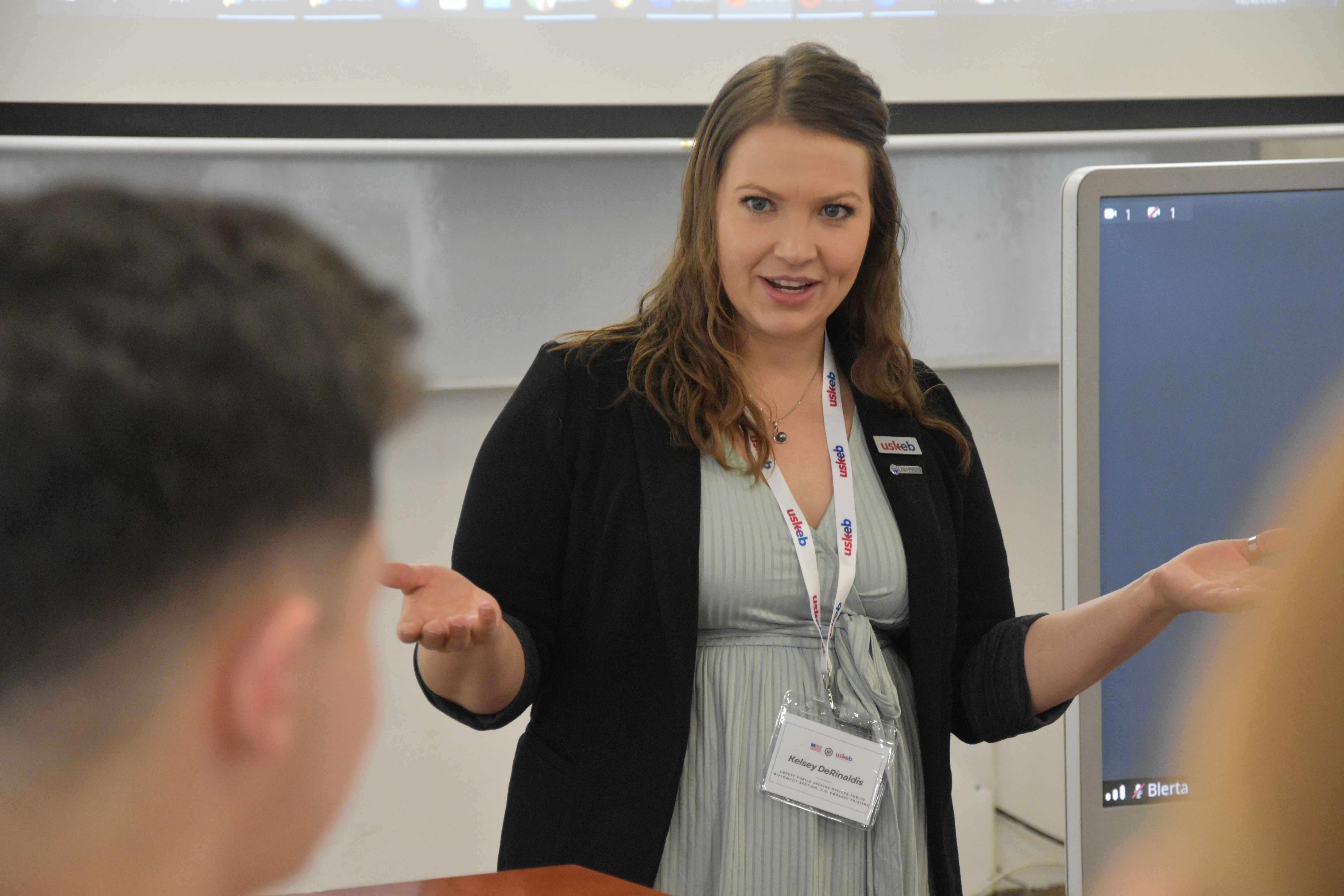
Nora Nimani Musa, USKEB Program Coordinator, highlighted the transformative power of AI in enhancing student engagement and improving learning outcomes across classrooms.
To conclude the opening session, Dr. Mimoza Polloshka, Assistant Professor and Head of the Faculty Development Center, welcomed the participants and emphasized the significance of the training in shaping the future of education.
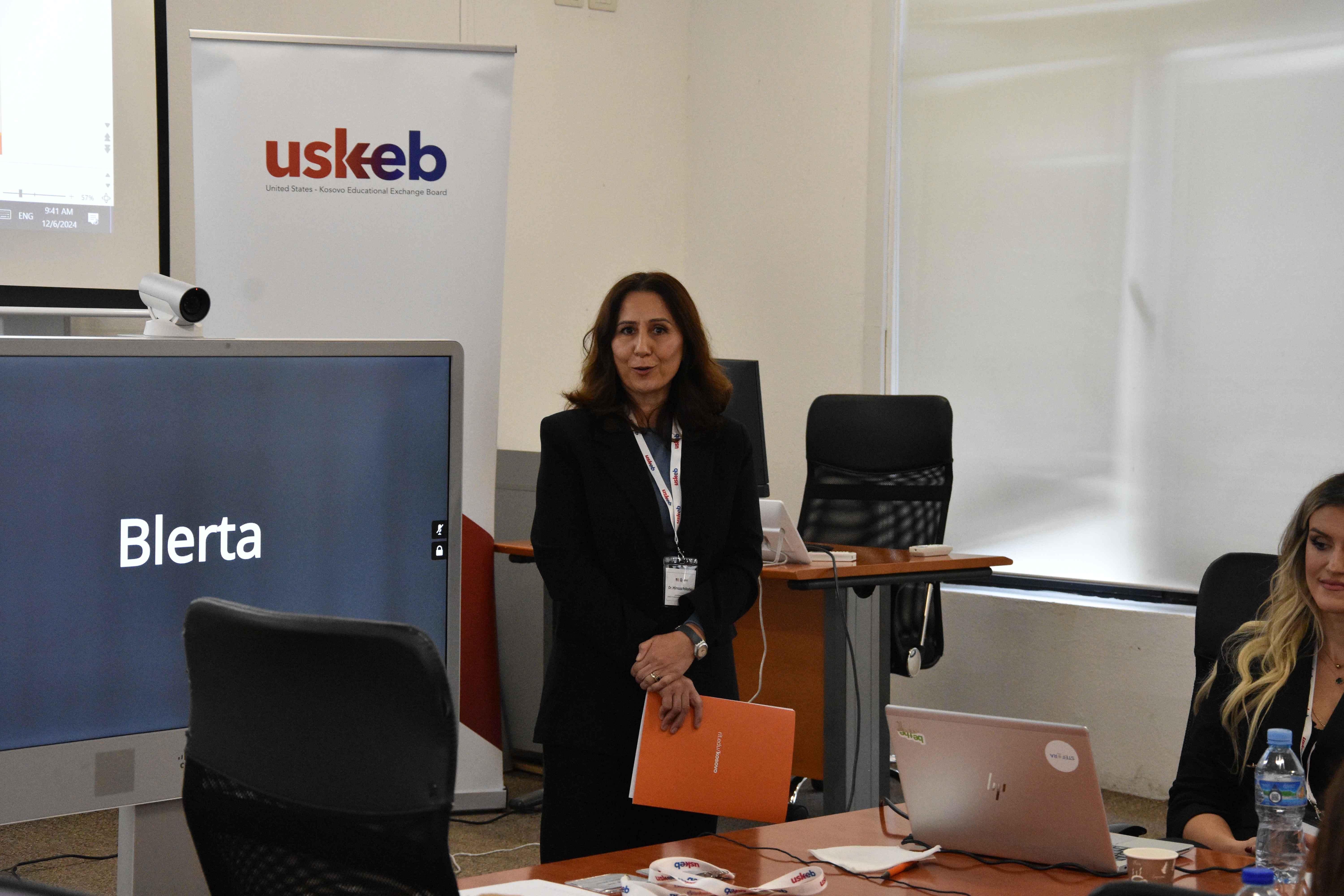
Participants experienced a blended approach of in-person and online sessions led by faculty from RIT Kosovo (A.U.K) and Rochester Institute of Technology (RIT) in New York.
Key sessions included:
Introduction to AI and Machine Learning, Generative AI Tools for Educators by Dr. Blerta Prevalla Etemi
Critical Thinking and AI in Education by Dr. Jennifer Schneider
Ethical Considerations for AI in Education by Dr. Linda Ziberi
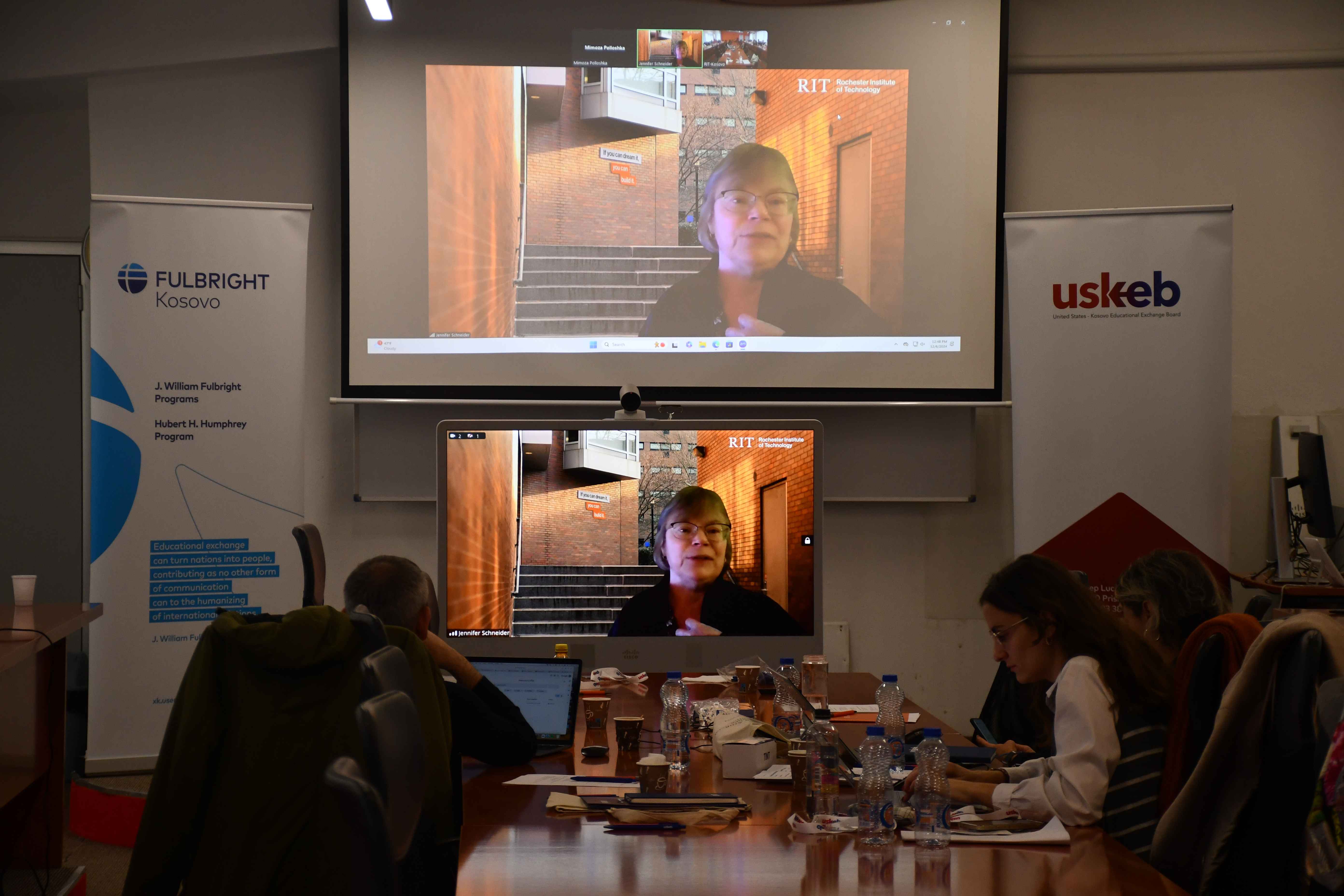
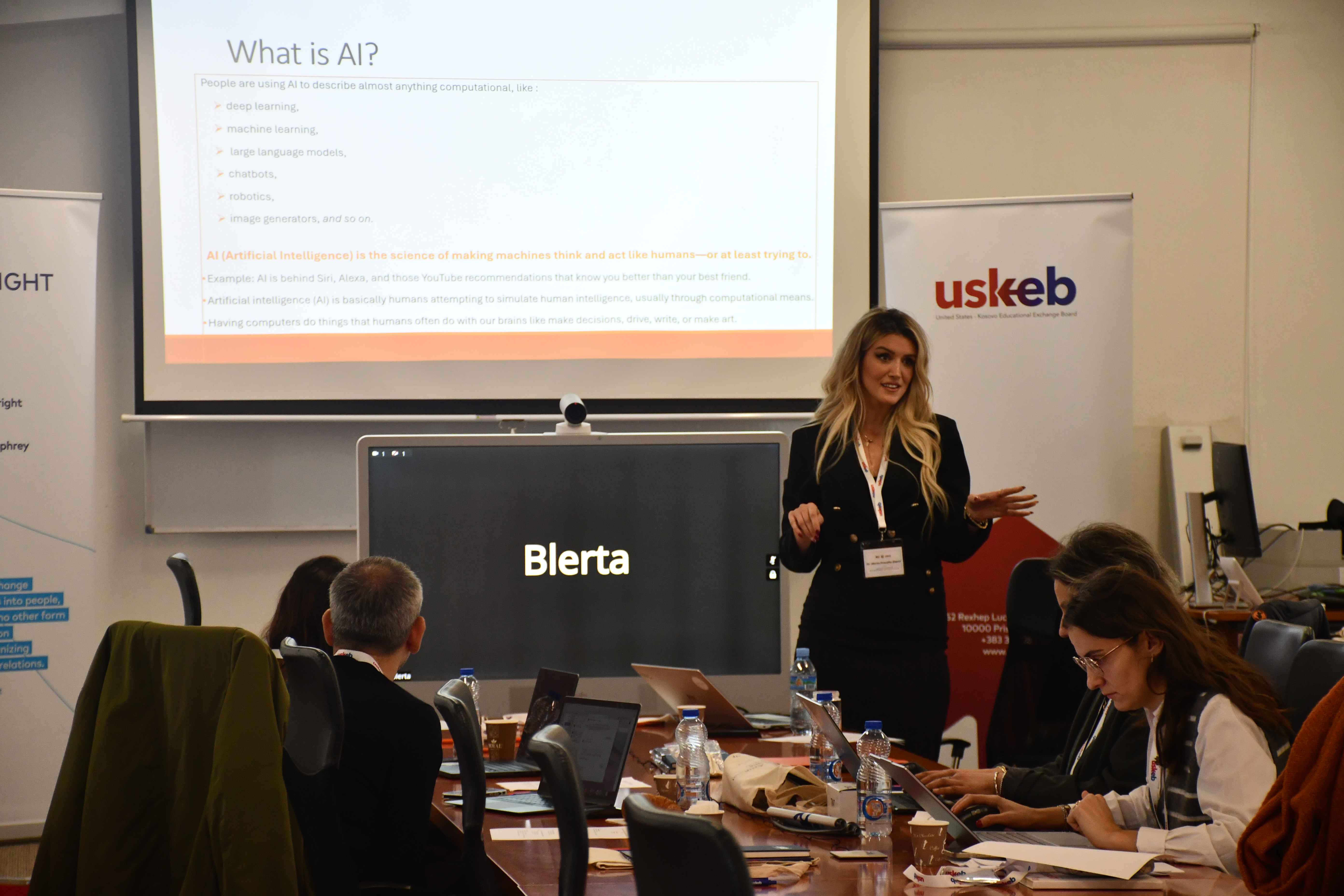
The program provided participants with practical skills to incorporate AI tools into their classrooms effectively. It also addressed critical ethical considerations, including issues of bias, equity, and privacy, ensuring that AI adoption aligns with responsible teaching practices.
This training made possible by funding from the Bureau of Educational and Cultural Affairs (ECA), marks a significant milestone in promoting regional collaboration and knowledge-sharing among educators. By equipping ETAs with cutting-edge AI tools and methodologies, the program not only enhances their professional growth but also empowers them to foster innovative and inclusive learning environments for students across the Western Balkans. RIT Kosovo remains committed to supporting similar initiatives that bridge technology and education to drive positive change.
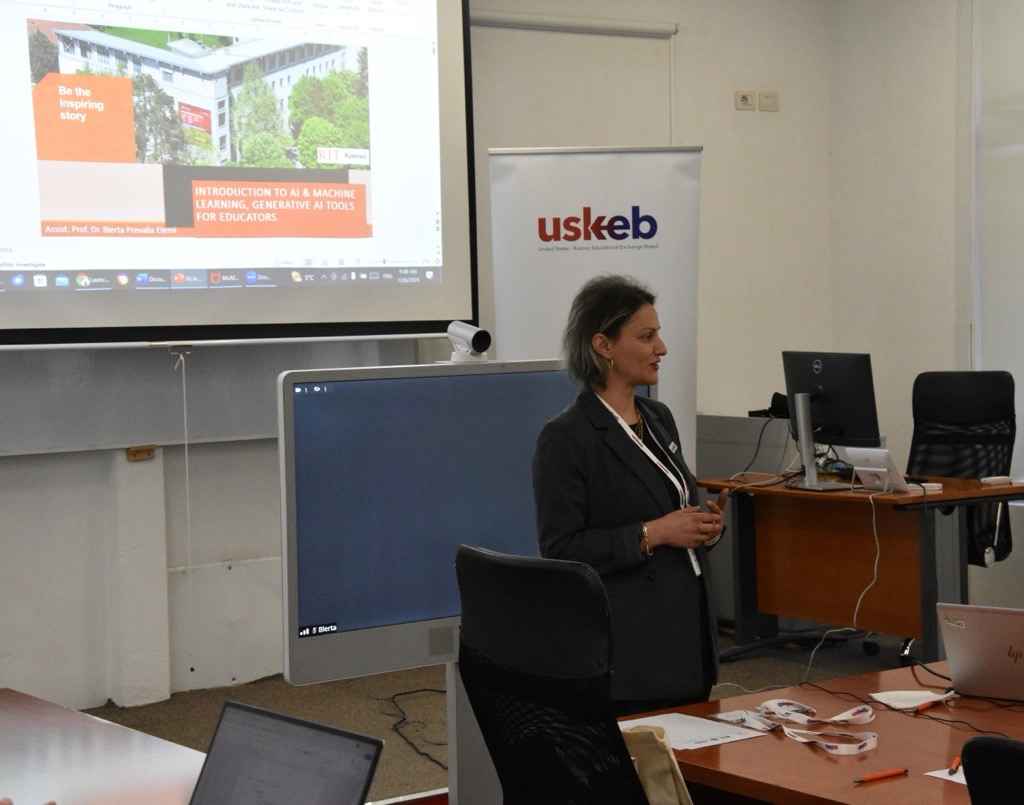
About RIT Kosovo (A.U.K):
RIT Kosovo (A.U.K) is a leading institution in the region, renowned for its commitment to academic excellence, innovation, and community engagement. As the only private, non-profit higher education institution in Kosovo, it offers an American-style education in partnership with the Rochester Institute of Technology in New York. Through initiatives like the AI and Education training, RIT Kosovo continues to play a pivotal role in shaping the future of education by equipping educators and students with the skills and knowledge needed to thrive in a rapidly evolving world.
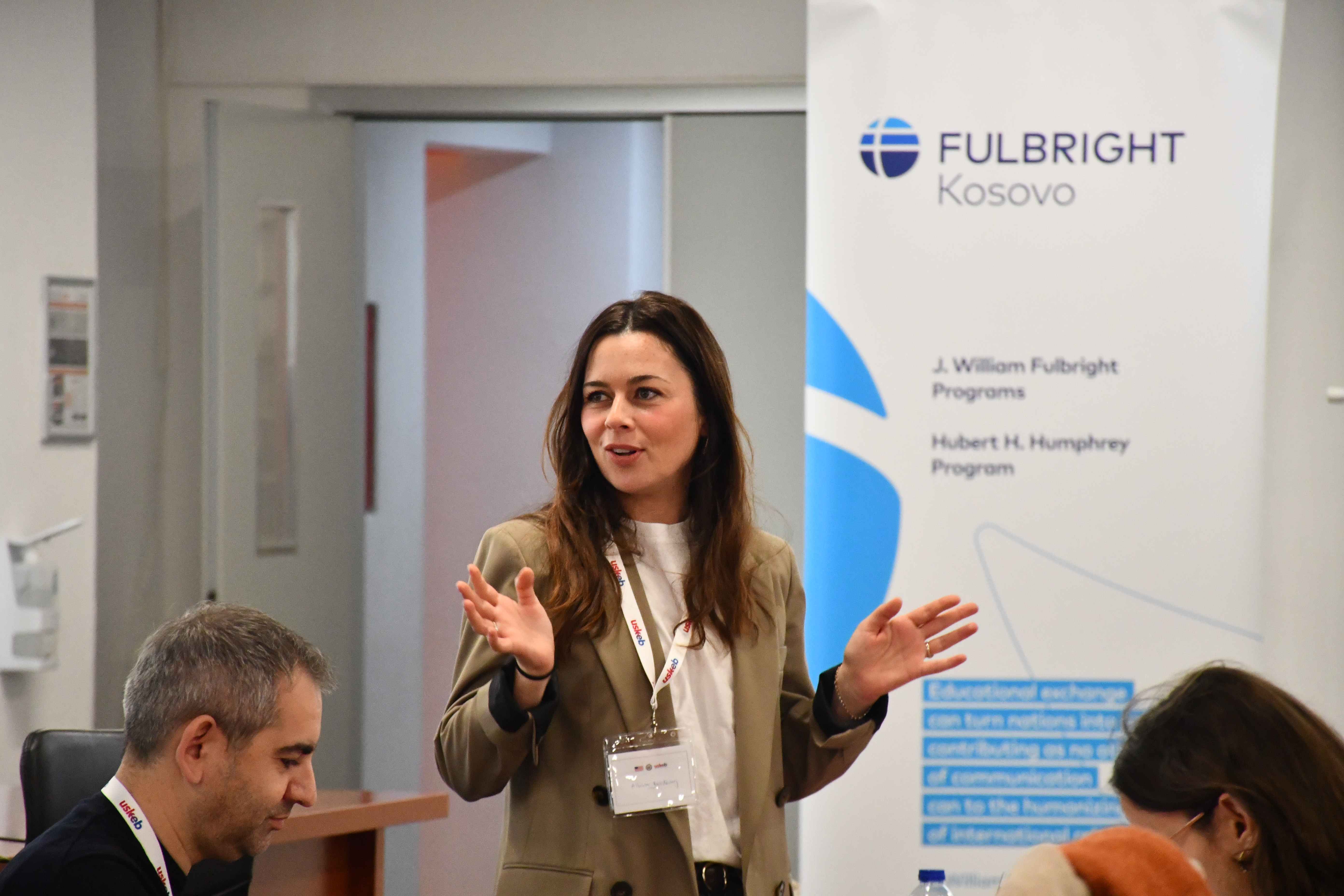
About United States-Kosovo Educational Exchange Board (USKEB):
The United States-Kosovo Educational Exchange Board (USKEB) is a non-legal advisory board, founded for the purpose of increasing mutual understanding and advancing relations between the people of the United States and Kosovo through educational exchange programming.
The USKEB was formed to advise and assist in prioritizing resources and setting priorities for the United States-Kosovo educational exchange programming, including the Fulbright program for Kosovo, and is supported by the U.S. Department of State’s Bureau of Educational and Cultural Affairs (ECA), the U.S. Embassy in Kosovo, and Kosovo’s Ministry of Education, Science, Technology, and Innovation. USKEB is implemented by American Councils for International Education.



